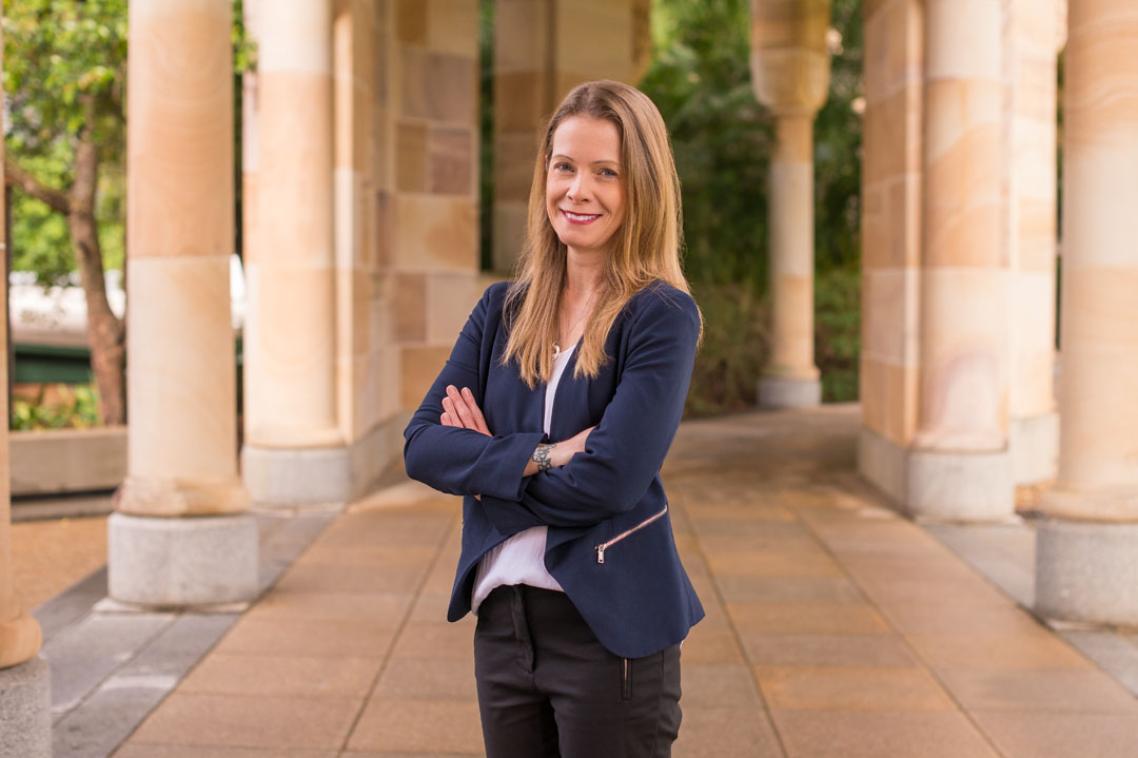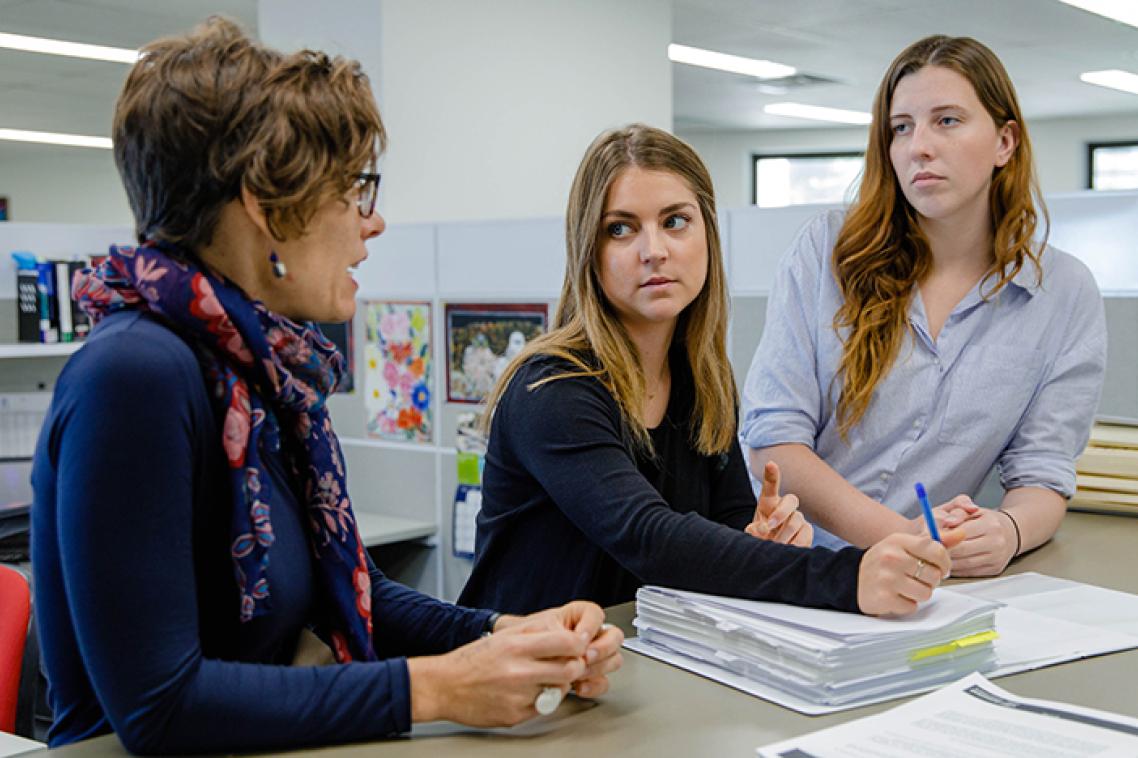Student-led pro bono project leads to online database of NDIS appeals

(Photo credit: Austockphoto/Adobe. )
Key points
- A UQ student-led project has created a publicly available website of NDIS appeal decisions.
- The database gives lawyers and advocates a fast and easy way to find similar cases, allowing analysis and comparison.
- The project is part of UQ Law School’s Pro Bono Centre.
A comprehensive online resource is now available for lawyers appealing decisions for people who have sought service or support through the National Disability Insurance Scheme (NDIS).
The NDIS Appeals Database is the result of a project led by University of Queensland Law School students through its Pro Bono Centre.
Centre Director Professor Tamara Walsh said the site is a searchable list of decisions about the NDIS made at the Administrative Review Tribunal.
“Lawyers appealing decisions about disability support for their clients need to know the outcome of similar appeals to prepare their case and their client,” Professor Walsh said.
“This website allows them to find the information they need much more efficiently.”
From simple spreadsheet to online resource
Current project leader, 4th year Bachelor of Laws (Honours) student Cleo Shave, said the site collates publicly available information about the Tribunal’s decisions on NDIS access and support.
“We enter the data on each NDIS appeal decision, including the applicant’s personal details, issues under consideration, the type of support requested and the outcome of the case,” Ms Shave said.
“Legal practitioners can use those inputs to filter their search to find similar cases when preparing and advising on NDIS appeals.
“Dozens of dedicated law students have worked on the database for the past several years, with the goal of benefitting people with disability.”

Cleo Shave (at right) and fellow students from UQ's Pro Bono Centre.
(Photo credit: The University of Queensland.)
The project began as a spreadsheet, created and used internally by community legal centre Queensland Advocacy for Inclusion (QAI).
QAI senior solicitor Andrea de Smidt said the centre partnered with UQ to see if the data could be extended and made more accessible.
“Our clients might be seeking services or support like assistive technology, therapy or specialised accommodation,” Ms de Smidt said.
“Being able to quickly search cases with similar elements, compare jurisdictions and identify trends in how appeals are resolved improves efficiency and increases our capacity as a community legal centre.
“We’re thrilled to be able to now share this resource with our legal assistance colleagues nationwide.“
The value of pro bono work
While law students collated and input data, the website itself was designed and built by Krisna Bou, a student in UQ’s School of Electrical Engineering and Computer Science.
Like the law students working on the database, his work was pro bono.
Professor Walsh said the project is one of several underway in UQ’s Pro Bono Centre.
“This sort of work is invaluable for students,” she said.
“They’re reading cases, learning about the administrative appeals process and engaging in tasks associated with being a lawyer.
“But they’re also making a very real contribution to a network of organisations that assist people with disabilities to get access to what they need on the NDIS.
“Working in the public interest for the benefit of community is an important aspect of legal practice and the centre aims to inspire students to carry that on into their professional careers.”
Topics
Related articles

The UQ law students helping the vulnerable and disadvantaged

UQ Pro Bono Centre celebrates 10 years
Media contact
UQ Communications
communications@uq.edu.au
+61 429 056 139
